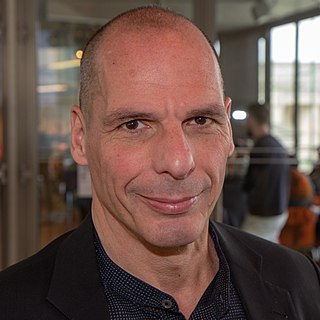A Quote by Robert Reich
Some argue shareholder capitalism has proven more efficient. It has moved economic resources to where they're most productive, and thereby enabled the economy to grow faster.
Related Quotes
For nearly two centuries, scholars and politicians have debated the future of capitalism. Its critics, most prominent among them Karl Marx, have seen capitalism as intrinsically unstable, full of contradictions that will lead eventually to its collapse. Its supporters see it as the best way to allocate resources and rewards. Some even hint that the democratic capitalistic society is not just a phase in the historical evolution of economic systems but its ultimate end.
For me, having a daughter made me much more efficient and productive. I would wake up in the morning trying to figure out how to organize my day so that I could get home. The phone calls with friends, the lunches out with colleagues - all of that got scrapped so that I could be as efficient and productive as possible.
From the time I first understood economic principles, I was always concerned also that any system be operated on an efficient basis, which meant decentralization because knowledge is not concentrated anywhere. It's based on motivation, and so these are the advantages of, say, the cautious case for capitalism, that the market system is efficient.
Today's national income statistics make it appear that Goldman Sachs is productive. As if Donald Trump plays a productive role. The aim is to make it appear that people who take money from the rest of the economy without working are productive, despite not really providing any service that actually contributes to GDP and economic growth.
Over the years, the U.S. economy has shown a remarkable ability to absorb shocks of all kinds, to recover, and to continue to grow. Flexible and efficient markets for labor and capital, an entrepreneurial tradition, and a general willingness to tolerate and even embrace technological and economic change all contribute to this resiliency.




































